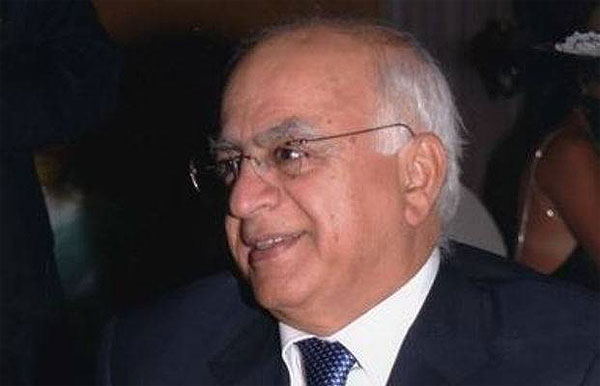19/12/2018
19/12/2018

The US Protestant advocacy Templeton Baptist Foundation spent more than $7 million on a medical research under the supervision of Dr Herbert Benson, a cardiologist at the Mind and Body Center in Boston, to demonstrate the impact of supplications on patients and their role in speeding up their recovery.
The experiment was conducted on 1,800 patients in six different hospitals separate from each other, and all those who had been tested had already undergone coronary heart surgery, which was serious at that time. The patients were placed in three groups.
The experimenters decided that the first group would pray in specific churches for its members for their healing, but did not inform them. The second group decided not to pray for its members and the third group, they were informed that the supplications will be said for them to speed up their recovery in various churches in the country.
The aim was to make a comparison and observe the effect of the supplications, or their absence, in the first and second groups, the third group was chosen only to observe the psychological effect of the supplications and to observe the psychological effect of prayers on the third group.
The experiment began with the reading of specific texts of supplications during ecclesial gatherings in three American cities in three different states.
The famous American Heart Journal published the result of the experiment which showed doctors found no health changes in both cases – in the case of those on whose behalf prayers were said and those not.
The second surprise was the third group because these people knew that prayers will be said on their behalf for their recovery, and because their health had deteriorated and some of them even had complications because they felt that their health was not so good and therefore it was necessary to pray for them.
What applies to Western societies does not necessarily mean its application is good to our societies; we are no doubt better than them spiritually.
However, it is clear that many of us in Arab countries pray frequently, without true love and faith, as the Egyptian proverb says, ‘familiarity breeds contempt’ so that most of the supplications become negative rhetoric messages instead of taking the initiative, and precautionary measures or do what is useful and prevent what might be harmful.
For example, when we feel we fear the unexpected, we are satisfied only with supplications and pray to God to protect us instead of taking precautionary measures. We might say: It will not rain, God willing, instead of taking a look at the meteorological bulletin.
It is a sad and funny thing that all the nations that we have prayed for their ruin over the past 50 years have become better than us, and the situation of the majority of us is at the same time worse than it was.
email: [email protected]
By Ahmad Al-Sarraf


